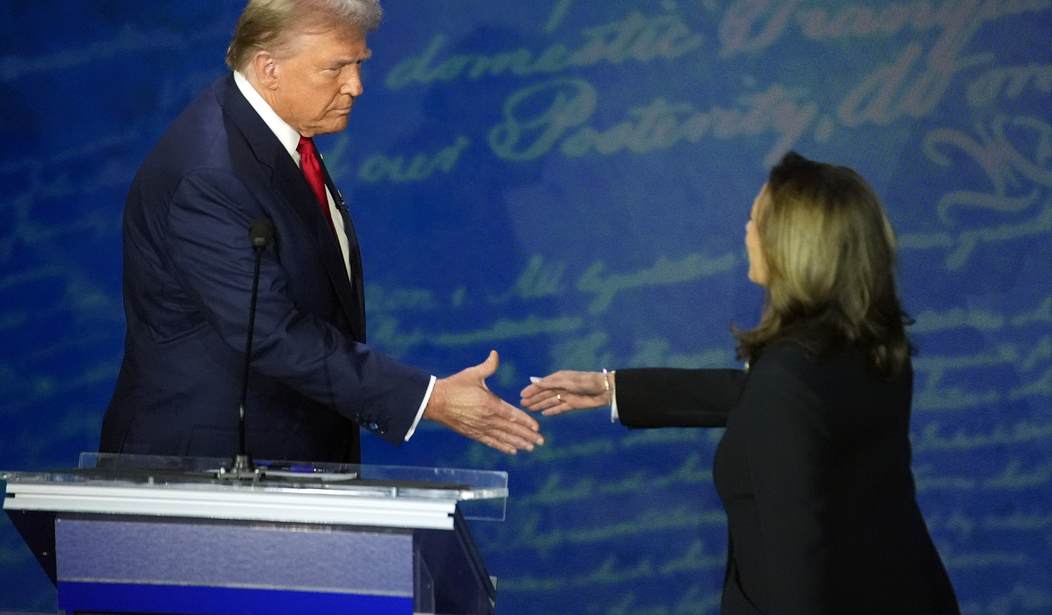It was billed simply as “The Super Fight.” That’s it. No other names were necessary. And on April 6, 1987, they met in Caesars Palace for the WBC middleweight title. What happened over the next 12 rounds has been argued, debated, and fought over for nearly 40 years.
I’m speaking, of course, of the legendary showdown between Sugar Ray Leonard and Marvelous Marvin Hagler.
At the time, Hagler was The Terminator, mowing over everyone. Leonard was the pretty-boy attraction; with his movie star good looks and Olympic pedigree, he was seen as more flash than substance but a huge box office draw. Hagler was the long-reigning champion; Leonard was coming out of retirement and had never before fought at middleweight.
When sportswriters were polled, 46 out of 50 predicted that Hagler would win. Many said he’d win by knockout.
But when the bell sounded, something remarkable happened:
Hagler clearly won most of the fight. If you crunch the numbers, Hagler imposed his will — and inflicted far more punishment — than his opponent for most of the 12 rounds. Normally, to take the title away from a champion, the onus is on the challenger to do something dramatic. There’s an unofficial rule in boxing that ties go to the champion; it’s the challenger’s responsibility to prove he’s the better man. By that tradition, Hagler winning the judge’s decision should’ve been a no-brainer: “Your winner and STILL middleweight world champion, Marvelous Marvin Hagler!”
Yet when the dust settled, it was Leonard who won a split decision.
Even though he lost most of the fight, Leonard did two notable things that helped him steal enough rounds: He opened with a flurry and closed with a flurry. Especially over the last 30 seconds of each round, Leonard would wow the judges with flashy shots and furious flurries of combos. This helped cement the impression of victory in the judge’s minds.
At the presidential debate last night in Philadelphia, Kamala Harris began weak and nervous. She completely ducked the first question of “Are you better off now than four years ago?” opting instead for her word-salad gibberish. It was an abominable first impression.
Physically, she seemed Lilliputian; personality-wise, she came across as a pushy, arrogant schoolgirl who’s hopelessly beyond her depth.
Then at the end, Trump had his finest moment: His closing statement. “So she just started by saying she’s going to do this, she’s going to do that, she’s going to do all these wonderful things. Why hasn’t she done it? She’s been there for three and a half years. They’ve had three and a half years to fix the border. They’ve had three and a half years to create jobs and all the things we talked about. Why hasn’t she done it?”
Trump won the beginning and stuck the landing at the end. (The middle part, however? Trump was underprepared and he underperformed. I suspect he spent far more time golfing than debate prepping… and it showed.)
Harris beat Trump more than Trump beat Harris, but Trump beat Harris when it mattered most. In this respect, it was Hagler-Leonard all over again.
Ignore the immediate post-debate polls. The Frank Luntz school of thought, where voters hit a button when they hear something they like and you add up the tally, means absolutely nothing in November. It’s the lasting impression that matters, not a series of individual moments. This is the only question that’s going to determine who truly “won” the debate: Will the voters’ lasting memory be Trump’s rambling, nonspecific answers, or Kamala Harris’s rude, unpleasant, disingenuous demeanor?
That’s it. Nothing else matters.
Trump’s reputation is already cast in stone. There’s not a lot of elasticity left. Even if he absolutely mopped the floor with Harris, his numbers wouldn’t have budged that much. Trump is Trump; we know what he is.
But Harris is in a different category: She’s not nearly as well known. The public is experiencing heavy doses of her for the very first time, and I’m not so sure large swaths of the country liked what they saw: There’s something deeply insincere about her — a condescending, off-putting phoniness — that would be torturous to sit through for four years.
She’s an extraordinarily unlikeable personality. Even her mannerisms ring false.
There’s more to the story, of course. There always is: Ironically enough, ABC’s moderators David Muir and Linsey Davis will help Trump’s post-debate PR. Had it been a fair, one-on-one fight, Trump’s performance would’ve looked even worse. But because ABC’s bias was so ridiculously heavy-handed, at least Trump has an excuse. (Frankly, Trump needs one. That wasn’t a good performance.) In particular, Muir was practically in Kamala’s handbag.
When we recollect past events, we don’t remember every detail. Instead, we remember the beginning, the ending, and a few emotional snapshots. Our memories are streamlined and economized. The public’s lasting memory of Kamala’s performance won’t be anything specific she said; it’ll be how we felt when we watched her make weird faces at the camera, her words and gestures dripping with condescension.
We’re not linear thinkers. We’re emotional thinkers.
Don’t believe me? Go ask Marvin Hagler.










Join the conversation as a VIP Member